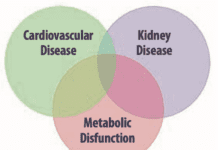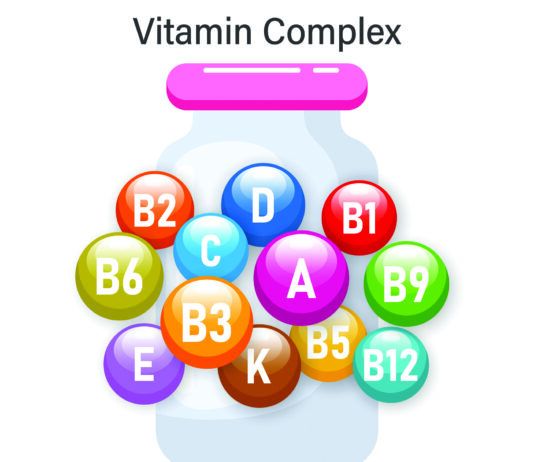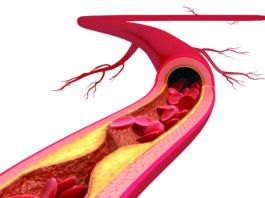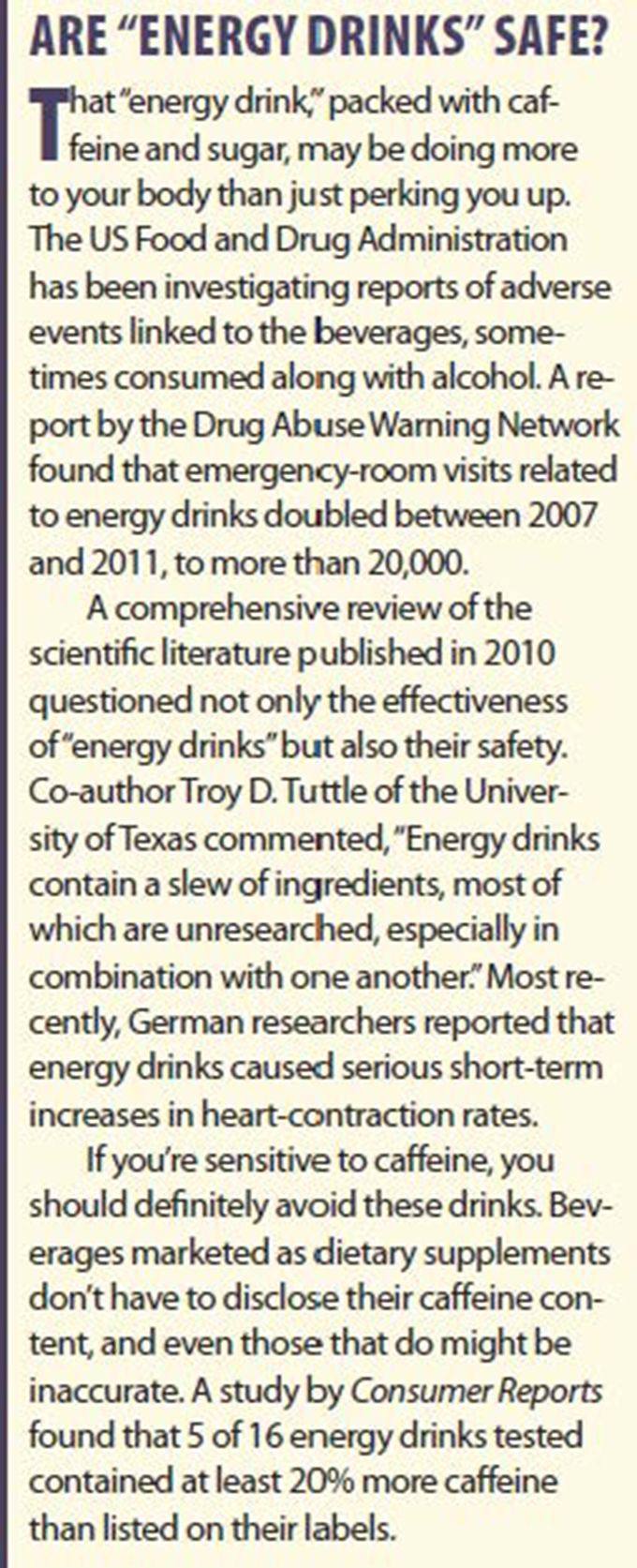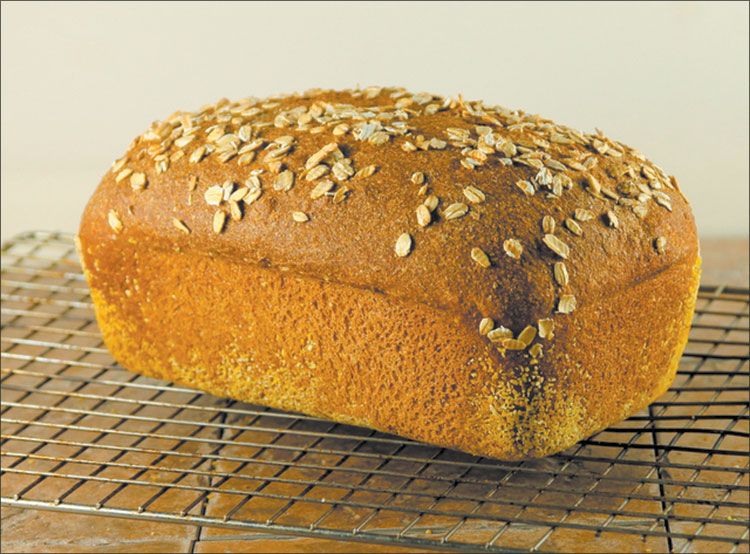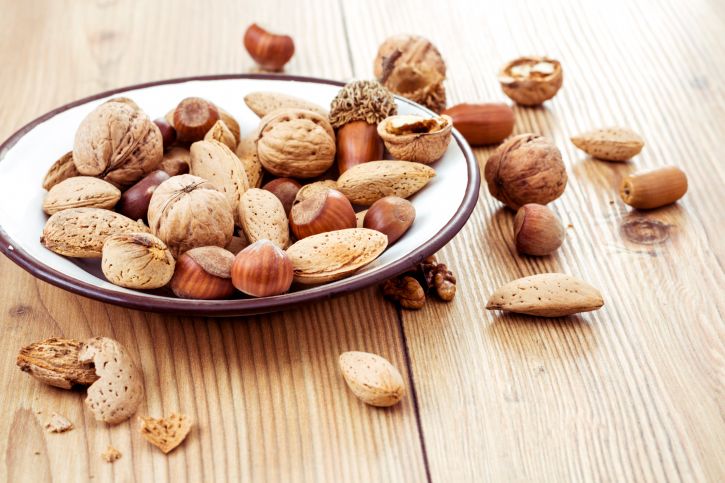Evaluating Alternatives Against Alzheimers and Dementia
An estimated 5 million Americans age 65 and older have Alzheimers disease-a figure expected to increase 40% by 2025 and to nearly triple by mid-century, according to the Alzheimers Association . Many more suffer from other forms of dementia and from cognitive decline. Science is making unprecedented strides toward preventing and slowing such conditions, however. According to the National Institute of Neurological Disorders and Stroke, Scientists have learned more about the brain in the last 10 years than in all previous centuries, because of the accelerating pace of research in neurological and behavioral science and the development of new research techniques.
What Can You Really Do to Feel More Energetic?
Who hasnt wished for more energy at one time or another? Whether youre feeling the effects of hectic modern life or of aging, its only natural to sometimes think your get up and go has gotten up and gone. Little wonder, then, that food, beverage and supplement companies have filled supermarket shelves with products promising to boost energy. So-called energy drinks, introduced only 17 years ago, today represent a $12.5 billion industry. Energy bars rack up more than $700 million in annual sales. Dietary supplements promise timed-release energy, energy therapy and energy revitalization.
Are You Really Benefiting from Your Multivitamins?
Youve seen the TV commercials. A daily multivitamin supports heart and breast health, boosts your immune system and protects your eyes. A smiling couple feel pretty darned smart after learning that a study showing multivitamins reduce cancer risk used the very brand shes been making him take.
The Truth About the War on Wheat
If you believe the bestseller lists, the biggest bad in the supermarket aisles is not fat or sodium or sugar but wheat. Its not just the booming popularity of gluten-free products, which are important for the small percentage of people diagnosed with celiac disease but whose benefits for the general population are questionable. (For a full discussion of the pros and cons of gluten-free products, see our October 2013 Special Report.) Bestselling books have warned that wheat consumption is a key contributor to abdominal fat (wheat belly), as well as triggering diseases ranging from diabetes to autism, and that eating wheat is linked to Alzheimers, depression, headaches, epilepsy and ADHD.
10 Keys to Cardiovascular Health
When the American College of Cardiology and American Heart Association released new guidelines for preventing cardiovascular disease in November, the headlines all focused on their controversial recommendations for statin use. Almost lost in the coverage was another set of ACC/AHA recommendations, which looked at diet and physical activity rather than drugs for reducing cardiovascular risk. Whether your physician has prescribed statin medications or not, these Lifestyle Management Guidelines can help protect your heart.
Eating Right for Healthy Joints
With some 50 million Americans afflicted by arthritis, chances are that even if you dont suffer from the disease, your spouse or someone else close to you does. But theres hope for this painful condition. Arthritis patients have a range of medications available, and today most know the benefits of exercise for improving their condition. While once arthritis sufferers were told rest is best, research at Tufts and elsewhere has shown that strength training in particular can help prevent and reduce arthritis symptoms.
Secrets to Healthy Holiday Eating
No wonder we think about eating when the calendar turns to the holiday season. Even the songs about the holidays are filled with references to food and drink: chestnuts roasting on an open fire, figgy pudding, wassail, latkes, candy canes. We go over the river and through the woods to grandmothers house in a song that ends, Hurrah for the pumpkin pie! When grandma gets run over by a reindeer in another song, its because shes been drinking too much eggnog.
Mediterranean Diet: Health vs. Hype
As a reader of this newsletter, you know that the Mediterranean diet has been associated with a wide range of health benefits. Most recently, weve reported on findings from the Spanish PREDIMED study linking such a diet to reduced risk of heart disease (June 2013) and cognitive decline (August 2013). Other studies have suggested preventive benefits against certain cancers, diabetes, Parkinsons disease and depression. The Dietary Guidelines for Americans recommends the Mediterranean diet as one…
The Fish Story
You already know that eating fish is healthy for your heart, but new research suggests it may also be good for your head. In a study presented at a meeting of the Radiological Society of North America, older adults who ate fish at least once a week-baked or broiled, not fried-had a greater volume of gray matter in the brain in areas important in Alzheimers disease. Fish consumption was also associated with sharply lower rates of developing mild cognitive impairment or dementia.
Nuts for You
Nuts are among the oldest human foods, with records of eating pistachios dating back to the Stone Age. You might describe the Stone Age as the time of discovery of the first trail mix, says Jeffrey Blumberg, PhD, director of Tufts HNRCA Antioxidants Research Laboratory. Prehistoric nomads mixed ground almonds and pistachios with chopped dates, sesame oil and breadcrumbs. Its also interesting that almonds were found in Tutankhamens tomb in Egypt.



